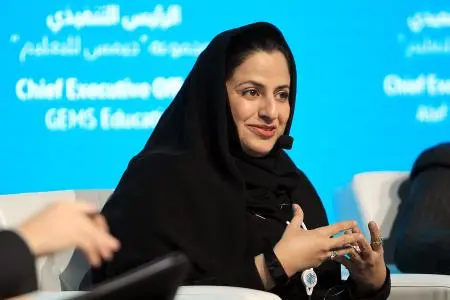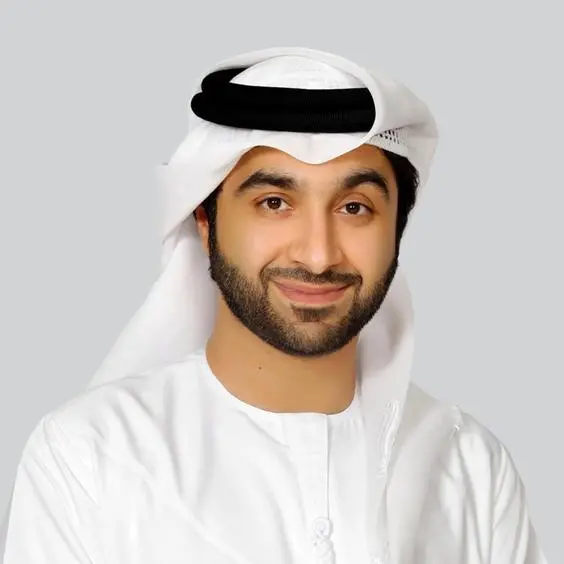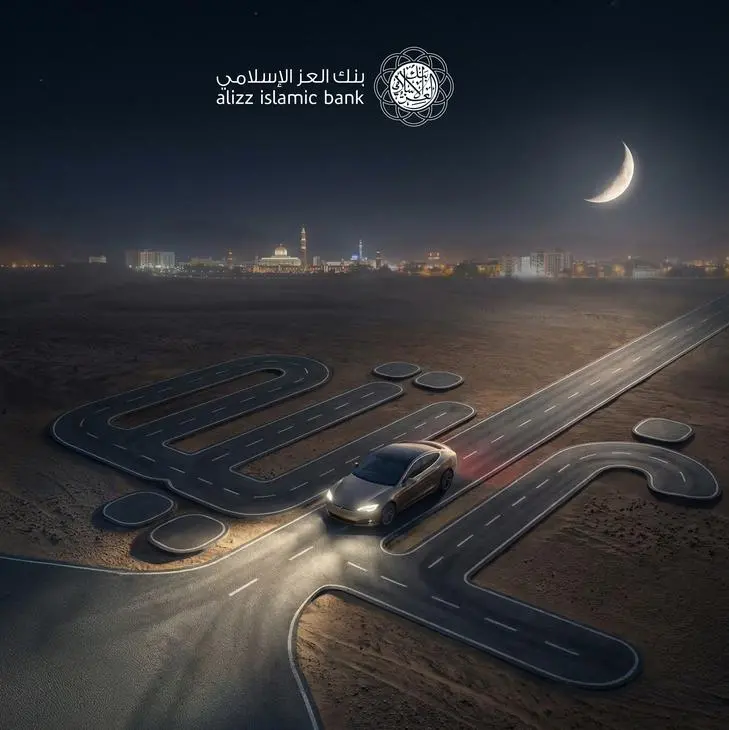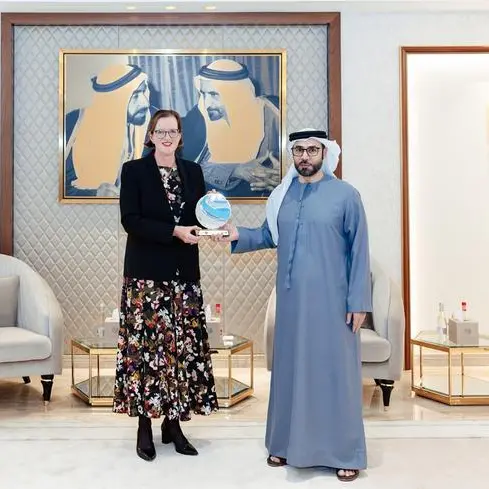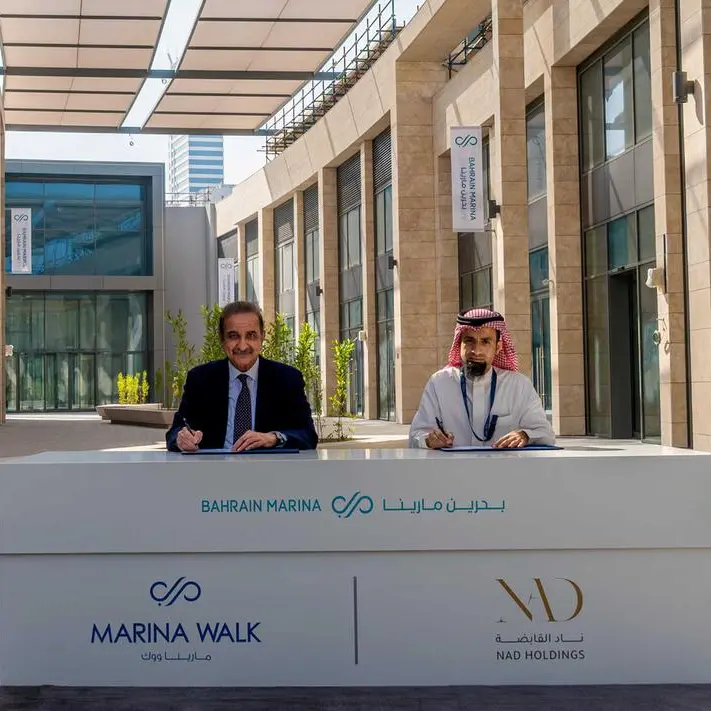PHOTO
Sharjah: A panel discussion led by experts on education highlighted important issues regarding the future of education at the Sharjah FDI Forum today. Moderated by Billy Fitzherbert, Regional ME Editor, Oxford Business Group, the session titled ‘The Future of Education (Re-skilling Perspective for Digital Growth)’ had all speakers in agreement that education needed a major overhaul to ensure the future generation were industry-ready and that governments and industry needed to be part of that push for change.
“What is the future of education with the advent of the digital economy and how do we prepare the new workforce for this new technological age?” asked Fitzherbert. According to Iman AlQasim, Group HR Emirates National Oil Company, preparing the next generation will fall as much to industry, as well as the individual child and the education system.
“At ENOC, we take full responsibility for the graduates coming through. When we look at the new generation entering the workforce, their trajectory is very different coming in. We offer a number of programmes for young graduates, such as the ENOC NEXT programme for UAE nationals. But what I also see is our young population is taking the lead – they learn half of what they need at school and for the other half, they go information hunting themselves on platforms such as YouTube. The young generations are increasingly utilising digital platforms to find their own learning resources and upskill themselves.”
Hind Ali Al Mulla, Board Member & Chief of Creativity, Happiness & Innovation, KHDA agreed to this, saying “Students are saying ‘I want to learn more about AI or automation, or I want to be a chef’, and sourcing these skills for themselves. This is something we see more and more in our schools. We even have some young students who have set up their own businesses. The students are asking, ‘Why do I have to be in a classroom, when I can learn anywhere?’ This is right. It needs courage to change and experiment, but the future of schooling will change. We are living in an exciting time where anything is possible.”
Change and disruption are the need of the hour according to Dino Varkey, CEO, GEMS Education. He said that because there has to be standardisation of curriculum, it makes it tougher to implement, but that in the UAE educators were fortunate in that they have had access to and dialogue with the overseer and regulator of education (referring to the KHDA).
“I’ve been to schools that have appointed Climate Change Teachers to educate the children, but if you go to some schools in America, they are still having a discussion about whether or not climate change is real. This just isn’t acceptable,” he said. Another issue highlighted by Varkey as a barrier to change is the powerful vested interests in keeping the curriculum the same. “We spend a lot of time in schools educating children about irrelevant things. We spend a lot of time on the past instead of the future because there is a vested interest in holding on to certain views of history.”
Online learning, or eLearning is something that will assist in this, said Geoffrey Alphonso, CEO of Alef Education. “Curriculums have to change, and online learning needs to be inherent to it. And although AI and digitalisation will replace some jobs, another 57 million jobs will be created. So reskilling is going to be fundamental to the new workforce to ensure they will be ready for the right jobs. Amazon has just announced that one-third of their workforce will be reskilled at a cost of $70 million dollars. This is very forward thinking. The future workforce needs to adapt to the changes and be willing to reskill themselves. The future is here,” he said.
How will businesses and society approach the future?
Earlier a presentation by Dr Louis Klein, Dean of the European School of Governance titled Future and Foresight: How to Approach the Future – Scenarios for Business and Society highlighted a need for connecting the human heart to science like the ancient scholars of the Islamic Golden Age. He said that while we were living in a time of unprecedented technological and human advancement, we need to channel technological advances into addressing common areas of concern like climate change. He added that humanity and civilisation was still evolving, and we should do so with a kind heart. “Do not just chase the money, but listen to your heart, he said. “Because it hugely important to make the world a better place.”
Held under the patronage of His Highness Sheikh Dr. Sultan bin Muhammad Al Qasimi, Member of the Supreme Council Ruler of Sharjah, the forum is organised by the Sharjah FDI Office (Invest in Sharjah), operating under the Sharjah Investment and Development Authority (Shurooq) with the support of the UAE Ministry of Economy (MoE).
-Ends-
© Press Release 2019Disclaimer: The contents of this press release was provided from an external third party provider. This website is not responsible for, and does not control, such external content. This content is provided on an “as is” and “as available” basis and has not been edited in any way. Neither this website nor our affiliates guarantee the accuracy of or endorse the views or opinions expressed in this press release.
The press release is provided for informational purposes only. The content does not provide tax, legal or investment advice or opinion regarding the suitability, value or profitability of any particular security, portfolio or investment strategy. Neither this website nor our affiliates shall be liable for any errors or inaccuracies in the content, or for any actions taken by you in reliance thereon. You expressly agree that your use of the information within this article is at your sole risk.
To the fullest extent permitted by applicable law, this website, its parent company, its subsidiaries, its affiliates and the respective shareholders, directors, officers, employees, agents, advertisers, content providers and licensors will not be liable (jointly or severally) to you for any direct, indirect, consequential, special, incidental, punitive or exemplary damages, including without limitation, lost profits, lost savings and lost revenues, whether in negligence, tort, contract or any other theory of liability, even if the parties have been advised of the possibility or could have foreseen any such damages.
